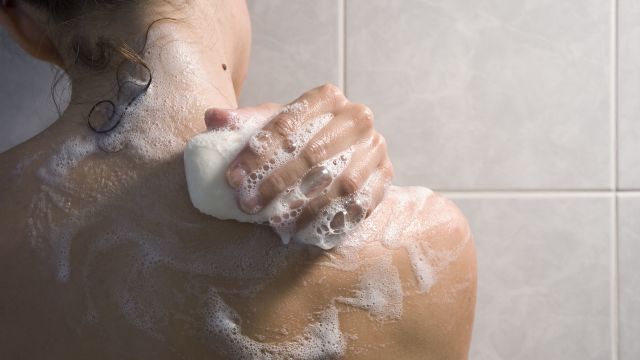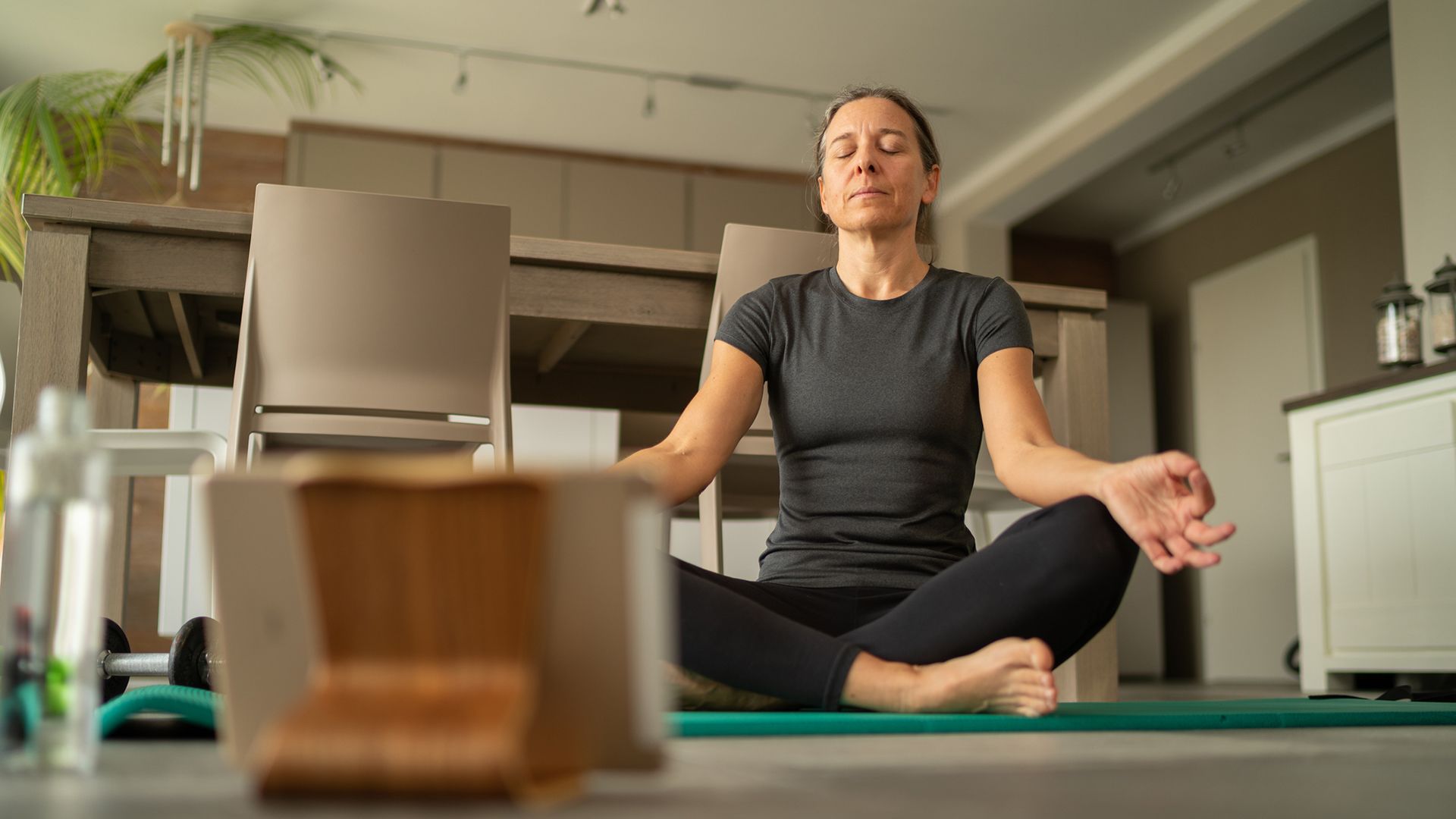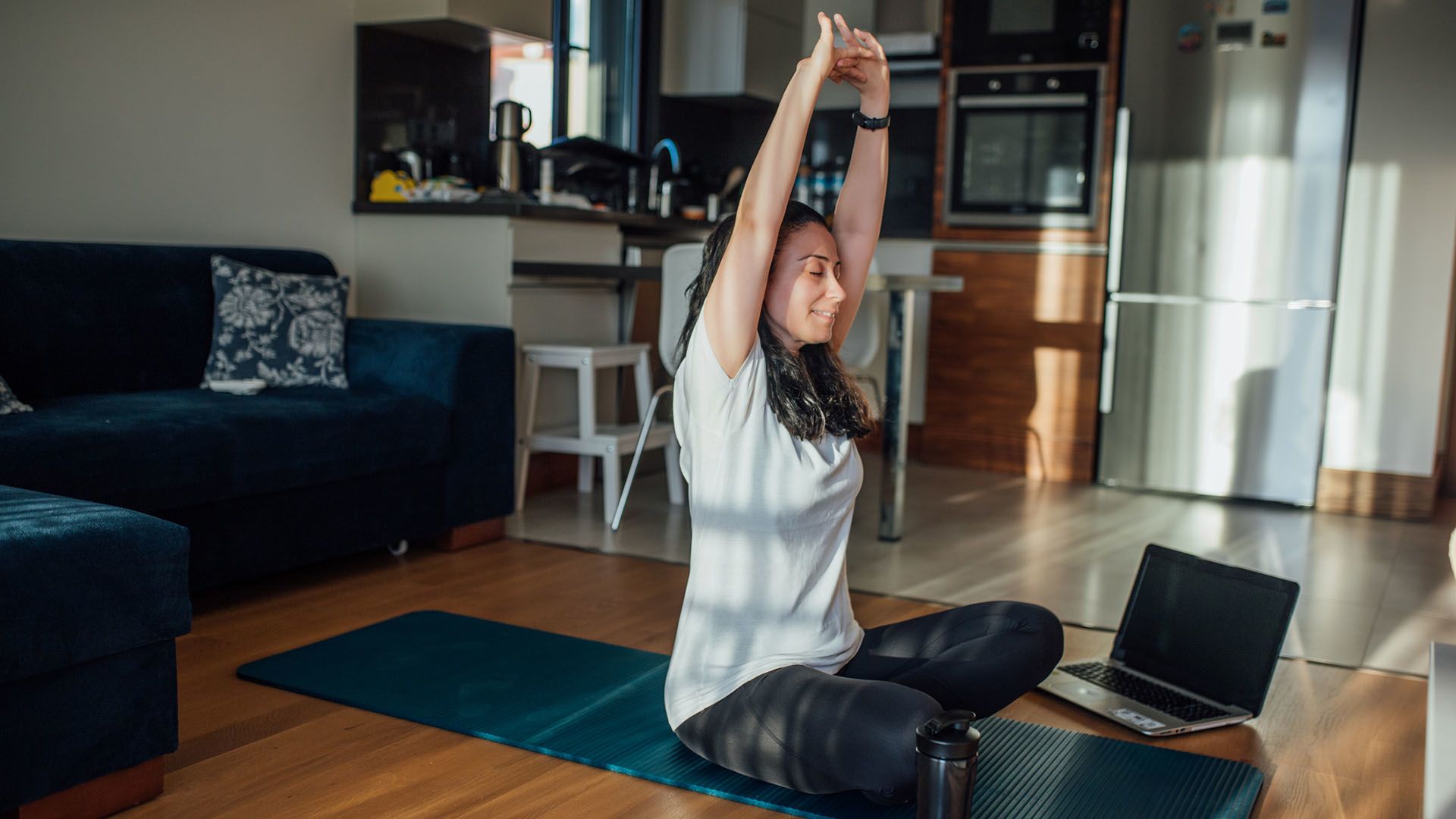A daily bath or shower can have several important benefits for your health.
Bathing helps remove dead skin cells and excess oils, helps keep the pores clear, and helps wash away any potential irritants that have accumulated on the skin—such as bacteria, dried sweat, and allergens like pollen.
Bathing can also help you feel more awake, feel more confident with how you look and smell, and put both your body and mind in a relaxed state (which is theorized to be the reason why many people have their best ideas while they are in the shower).
When you’re managing psoriasis, bathing can also be an important part of easing symptoms and avoiding flares.
However, harsh soaps, hot water temperatures, and spending too much time in the water can make psoriasis symptoms worse.
Keep reading for strategies people with psoriasis can use to maximize the benefits of a shower or bath.
Should you bathe every day?
Most people in the U.S. take a daily bath or shower, and there is some debate about whether frequent bathing is necessary and if it can be harmful to the skin.
For people with psoriasis, the general advice is to take a bath or shower each day—but limit yourself to only one bath or shower a day and follow several important strategies to avoid aggravating the skin:
- Keep baths short and showers shorter. Showers should be kept to five minutes or less. If five minutes seems too short, you might want to try a bath instead. The American Academy of Dermatology recommends baths up to 15 minutes. Some research also suggests that bathing while immersed in water has additional benefits for mental and emotional wellness.
- Keep water lukewarm. Hot water can dry out the skin and cause itching—and skin injuries and dry skin can trigger psoriasis symptoms. Whether taking a bath or shower, keep the water at a lukewarm temperature.
- Choose the right products. Check the ingredients on soaps, shampoos, conditioners, and other shower products. Avoid deodorant soaps which tend to be harsh on the skin—instead, choose fragrance-free products, soaps made from natural ingredients, and gentle cleansers.
- Wash gently. Keeping with the idea of being gentle on the skin, lather with your hands instead of scrubbing with a washcloth or loofah.
- Towel off. When drying off, blot the skin dry (instead of rubbing).
- Moisturize immediately. After you’re done toweling off, apply moisturizer while the skin is still damp. For extra-dry skin, oils may be preferable to moisturizer—oils have more staying power than creams or lotions.
You may also want to consider products such as colloidal oatmeal, Epsom salts, and tar soaps, which may help psoriasis symptoms.
Work with a healthcare provider
While skincare routines and following a healthy lifestyle are important to managing psoriasis, they are not a substitute for working with a healthcare provider to treat psoriasis.
Treatment options include a variety of topical medicines, phototherapy, oral medications, and injectable medications.
Psoriasis is a different experience for everyone, and the choice of treatment will depend on numerous factors. These include the location and size of skin symptoms, the impact psoriasis is having on a person’s life, personal preferences, and what treatments have been used in the past.





